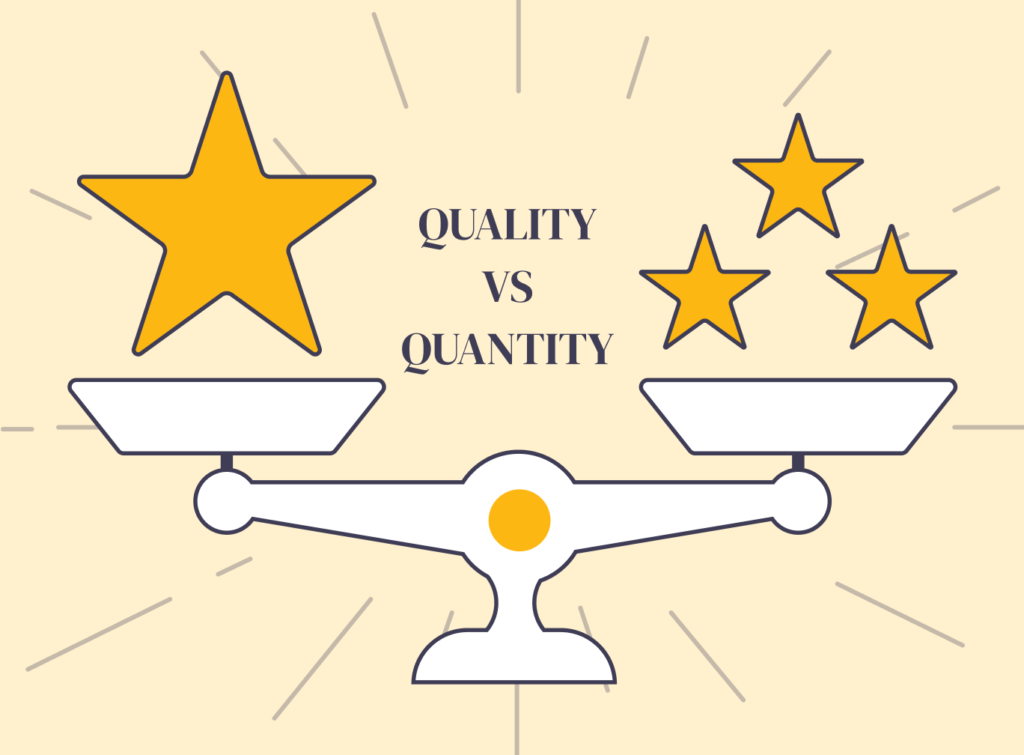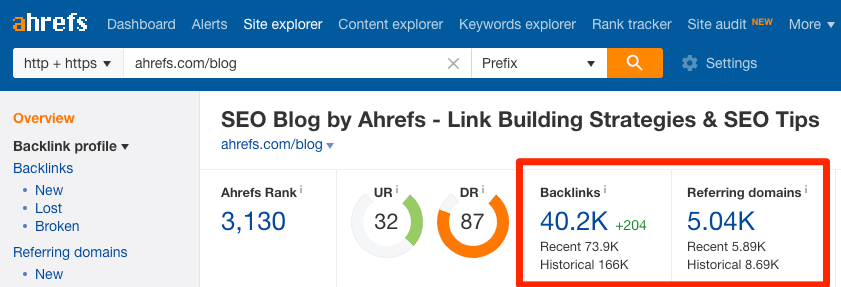In the ever-changing landscape of SEO, the role of backlinks has continued to adapt. We’ve gathered insights from seven industry experts, including CEOs and a senior SEO specialist, to discuss this evolution. From the early focus on quality over quantity to the strategic link-building to overcome algorithm changes, these professionals shed light on the shifting significance of backlinks.
Table of Contents
Quality Over Quantity in Modern SEO
In the space of SEO, the goal is quality over quantity these days. I remember when pretty much any backlink could bump your search rankings. People got a bit carried away, creating networks of links that really didn’t offer much beyond a quick SEO improvement. But let me tell you, things have changed dramatically with Google’s Penguin update. If you want a backlink to make a change, it needs to be from a source that’s both high quality and relevant to your content.
One experience I can think of: a well-regarded industry blog linked to our client’s in-depth article. This single, well-placed link did more for their traffic and rankings than dozens of those low-quality links ever could. It’s clear that investing in high-quality link-building is important to long-term SEO success.
Darcy Cudmore, Founder, RepuLinks
Backlinks Reemerge With AI Influence
Twenty years ago, links made up about 80% of SEO ranking. Over the years, the percentage of “ranking effectiveness” between off-site SEO and on-site SEO has been getting closer and closer.
As of 2019, in my opinion, on-site SEO far surpassed off-site in “effectiveness.”
Now, however, in the age of generative AI, where anyone can create perfect SEO-friendly text…the importance of link building is making a comeback.
So yes, in 2024, you need good backlinks to rank on Google.
Piergiorgio Zotti, Senior SEO Specialist, SEO & AI Trainer and Affiliate Marketer, Corso Intelligenza Artificiale
Links Still Vital Amid Content Saturation
Over time, the value of links has decreased, making them less of a ranking factor. However, they still impact rankings significantly, even if not as much as they did in the past. Over the years, Google has put a higher emphasis on content and the quality of content, as well as the history or age of a site. While links have become less effective over the years, they are still necessary for search algorithms because of the compounding issue of content saturation. Links help search engines prioritize similar content or sites that would otherwise be similarly ranked.

The value of different links has also changed over the years. There is a bigger emphasis on trust and relevance. Links from trusted sites with a factual, quality content history add more value. The relevance of anchor text has become more important as search engines have become more concerned with user experience than popularity algorithms—users should find exactly what they expect to see when they click on a link based on the link text.
Kevin McLauchlin, Co-Founder, CadenceSEO
Evolution From Quantity to Quality Backlinks
The significance of backlinks in SEO has undergone a fascinating transformation over time. Initially, the sheer quantity of backlinks could catapult a website to the top of search engine results. However, search engines have become much more sophisticated, now prioritizing the quality and relevance of backlinks.
A prime example is Google’s Penguin update, which targeted sites with spammy, low-quality backlinks, dramatically altering their rankings. Today, a single high-quality backlink from a reputable site can be more valuable than hundreds of low-quality ones, underscoring the need for strategic and ethical link-building practices in modern SEO.
David Abraham, CEO, Bluesoft Design

E-A-T Drives Current Backlink Practices
The importance of backlinks has rapidly evolved from the early days of SEO, when the focus was on quantity, and websites just wanted to get as many links as possible from anywhere. Buying links was very common at that time. Later, with algorithm updates, Google started penalizing websites with spammy links. This move focused the spotlight on link quality. Now, you could have authority with fewer links, provided they were high-quality.

The rise of content marketing and natural link-building refined backlinking practices even more. The focus now was to provide value to the user and ensure that any link added to your content was high-quality. More websites also wanted to create high-quality content that could be linked naturally without soliciting backlinks.
User experience and contextual relevance have been the major driving forces of backlinking practices over the last few years. Links had to be high-quality, highly relevant, and anchored to the right words in any piece of content.
With AI now in the mix, backlinking is about E-A-T (Expertise, Authoritativeness, and Trustworthiness). Any content that a website links to has to meet these criteria to have a positive impact on SEO. Link diversity is also a hot topic now. Algorithms want to see diverse links, such as editorial links, guest-post links, social media links, and forums.
Clooney Wang, CEO, TrackingMore
Quality Backlinks Boost AI-Generated Content
The rise of AI-powered content-creation tools has made it easier for anyone to generate informative articles. As a result, simply having great content is no longer enough—the backlinks pointing to that content have become even more important for ranking well in search engines. We’ve seen many clients who regularly publish great content on their websites, but they don’t see any improvement in their search rankings until they build quality backlinks.
Gaby Alexander, Sales Director, SERPninja
Strategic Link-Building Overcomes Algorithm Changes
Backlinks in SEO have evolved significantly over time, from mere quantity to quality and relevance. Initially, the focus was on acquiring as many links as possible, but now, search engines prioritize links from authoritative and relevant sites. For instance, when I first started my practice, getting listed in local directories and blogs boosted my visibility. However, as SEO algorithms became more sophisticated, I focused on earning backlinks from reputable health and wellness sites. These links not only improved my search engine rankings but also brought in more qualified clients who valued credibility and expertise. Today, strategic link-building remains crucial, emphasizing relationships over sheer numbers, and aligning content with user intent for lasting SEO benefits.





























